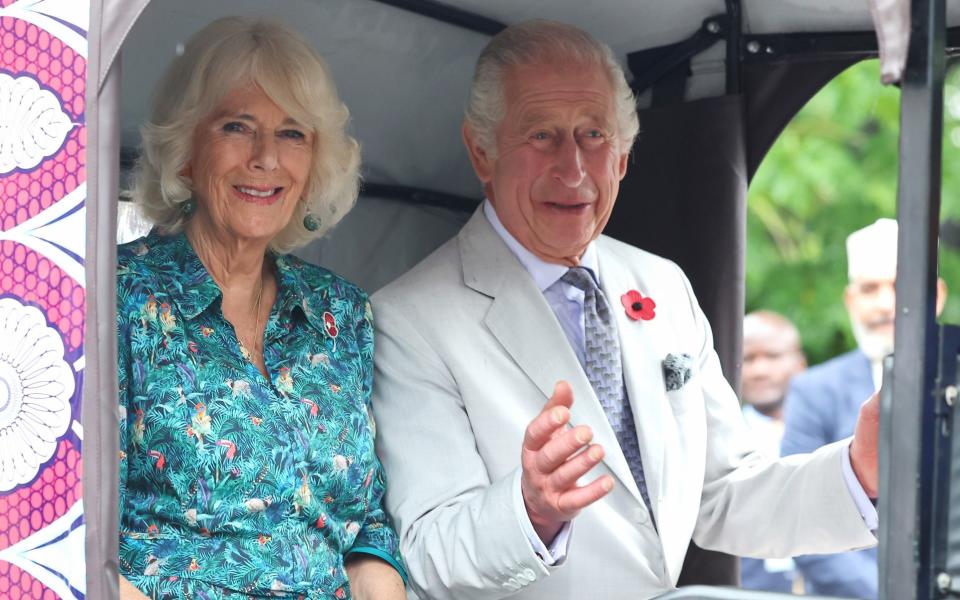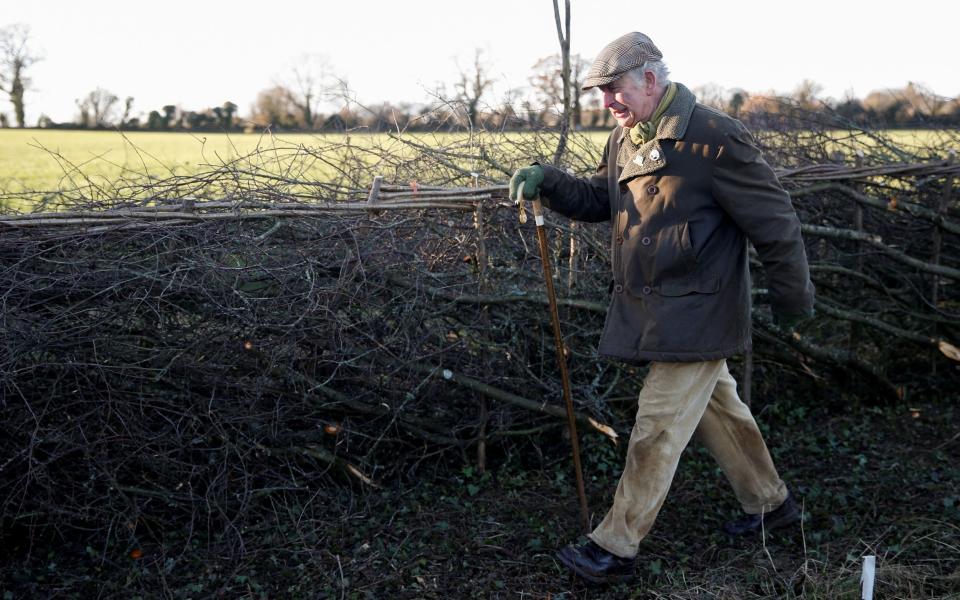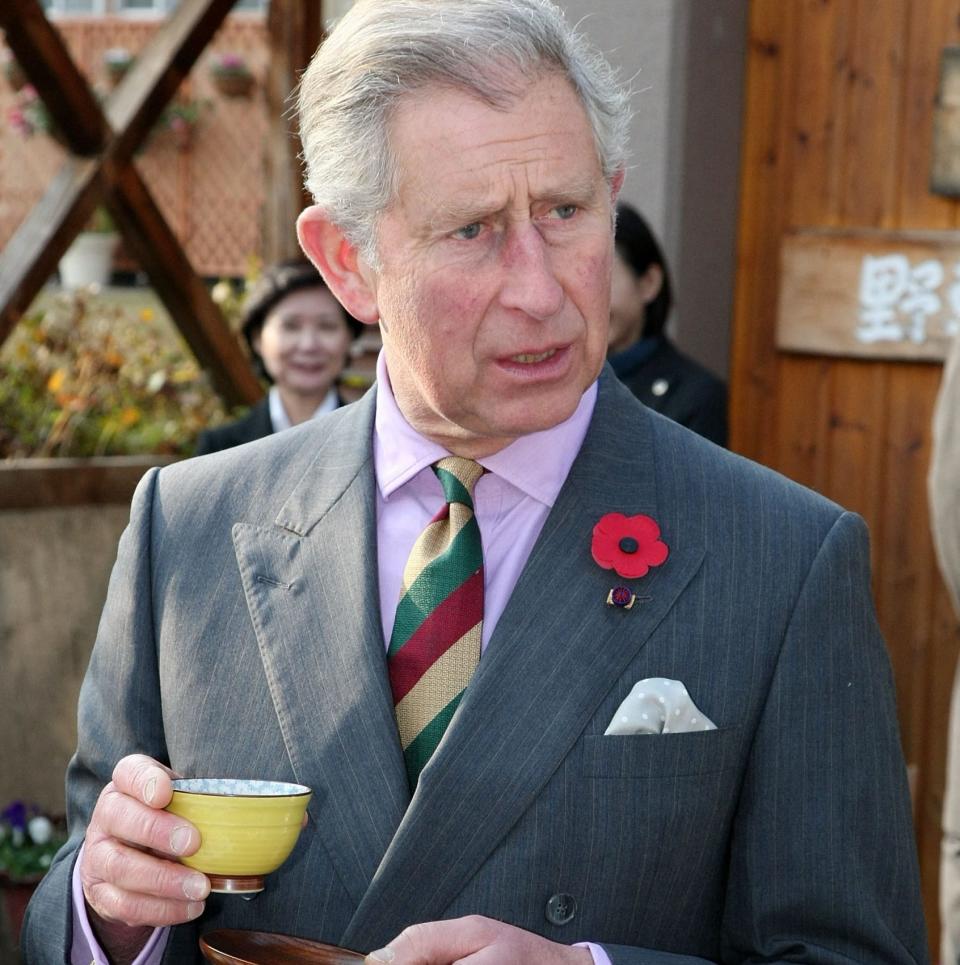A notorious workaholic and meticulous about his daily routine, King Charles is unlikely to find it easy to step back while he is being treated for cancer, even at the age of 75.
A man known for sending letters to staff in the wee hours while continuing to juggle paperwork while traveling on state visits is unlikely to easily adapt to long periods of recovery at home after undergoing chemotherapy or radiotherapy.
But at the same time, doctors believe there are many aspects of the King’s approach to life that will benefit him in his upcoming health battle. For starters, he has a positive and determined mindset, which he thinks cancer experts always play an underrated role when it comes to treatment outcomes.
Translational oncology researcher at King’s College London, Dr. “It’s anecdotal, but when I talk to oncologists, they say people with a stronger, more positive outlook tend to have better outcomes,” says Louis Fox.
Last year, Stanford University psychologists presented new evidence that mindset can improve the health of cancer patients. They designed a study where they took 361 newly diagnosed patients and gave them an interactive online course to help them shift from thinking ‘cancer is a disaster’ to thinking ‘cancer is manageable.’ Ultimately, all patients who completed the modules experienced a 10 percent improvement in their emotional health, physical health, and overall functioning.


London-based general practitioner Dr. Ziad Tukmachi says that King, who was diagnosed at an early stage, would benefit from less aggressive treatment, which would make it easier for him to maintain his usual quality of life.
“When you undergo intense chemotherapy or radiotherapy, oftentimes your appetite decreases,” he says. “This makes you so tired and lethargic, you don’t want to eat much. “Because patients tend to have a lot of sores in their mouths, eating is quite painful, and they tend to consume softer foods or soups, liquid-based things, rather than things that are difficult to swallow.”
More localized treatments, such as targeted radiotherapy, have less impact on the rest of the body. “If it has not spread beyond the limits of the organ, which does not appear to be the case in King Charles’ case, it is more likely to be targeted radiotherapy used to shrink the tumor,” says Tukmachi. “This means that people may not experience the systemic impact on appetite and eating that they experience when they have regular cycles of chemotherapy.”
Another factor that may contribute to the King’s well-being is the unusually active life he still leads, even though he is in his 70s. A quick lunchtime walk is a common part of the monarch’s daily routine in his autobiography. not being able to resistPrince Harry vividly described the daily stretching and strength routine his father still follows religiously.


Fox says there is growing evidence that still engaging in various types of exercise after diagnosis may be beneficial in the fight against some cancers, helping some patients stabilize their condition and prevent disease progression.
“We don’t fully understand the mechanisms because this effect can occur in a variety of ways,” he says. “There’s a lot of speculation about the activation of immune cells, better tolerance to systemic treatments like chemotherapy, and potentially better delivery of pharmacological treatments. For example, if you exercise a lot, there’s more vascularization, and some of those vessels can penetrate the tumor, so drugs work better.” can be transmitted.”
Although each cancer patient’s needs and capabilities are different, Fox says strength exercises are thought to be as important as aerobic exercises such as running or brisk walking.
“The more a person can do, the better,” he says. “There is also a particular focus on strength exercises because they activate various cell signaling proteins that we think may play a role in changing the environment in which the tumor tries to develop.”
The King is also a known advocate of some alternative treatments such as homeopathy, but it is not yet known how much of a role this will play in his fight against cancer.


“Homeopathy is more similar to Reiki or acupuncture in the fact that we are trying to stimulate the body’s own energy to initiate healing,” says Neela Prabhu, a qualified homeopath and former community pharmacist based in Croydon. Homeopathic Harmony. “It treats the person. “So whether they present with cancer or a sore throat, it will be a personalized treatment aimed at resolving the energy imbalance in the patient.”
But regarding the King’s future prognosis, doctors think that his relatively clean health over the years, along with a diet consisting of foods such as fish and fiber-rich grains and seeds, will stand him in good stead in the coming months. .
“The healthier you are, the less likely you are to have complications, especially if you need surgery.” [to remove the tumour]”If you have good, well-controlled blood pressure, a healthy diet, good cholesterol, no heart problems or diabetes, these will work for you. If you have fewer medical comorbidities, you are more likely to have a better outcome.”
Recommended
Eight questions to ask after a cancer diagnosis
Read more